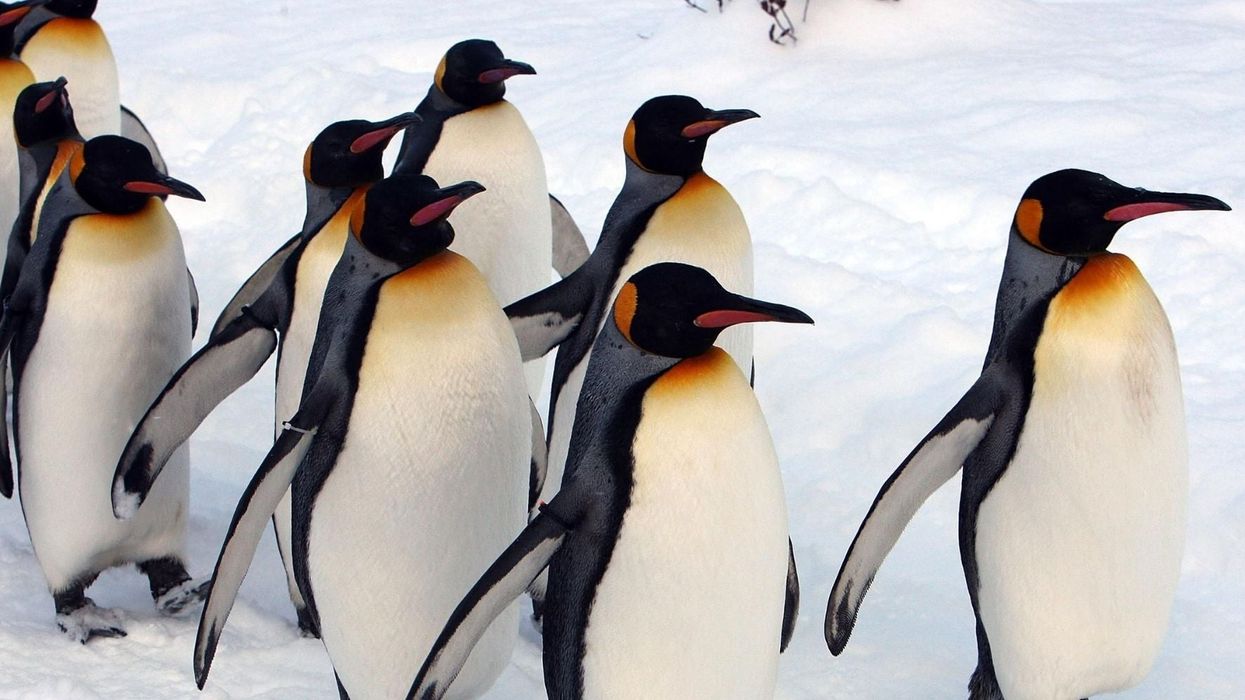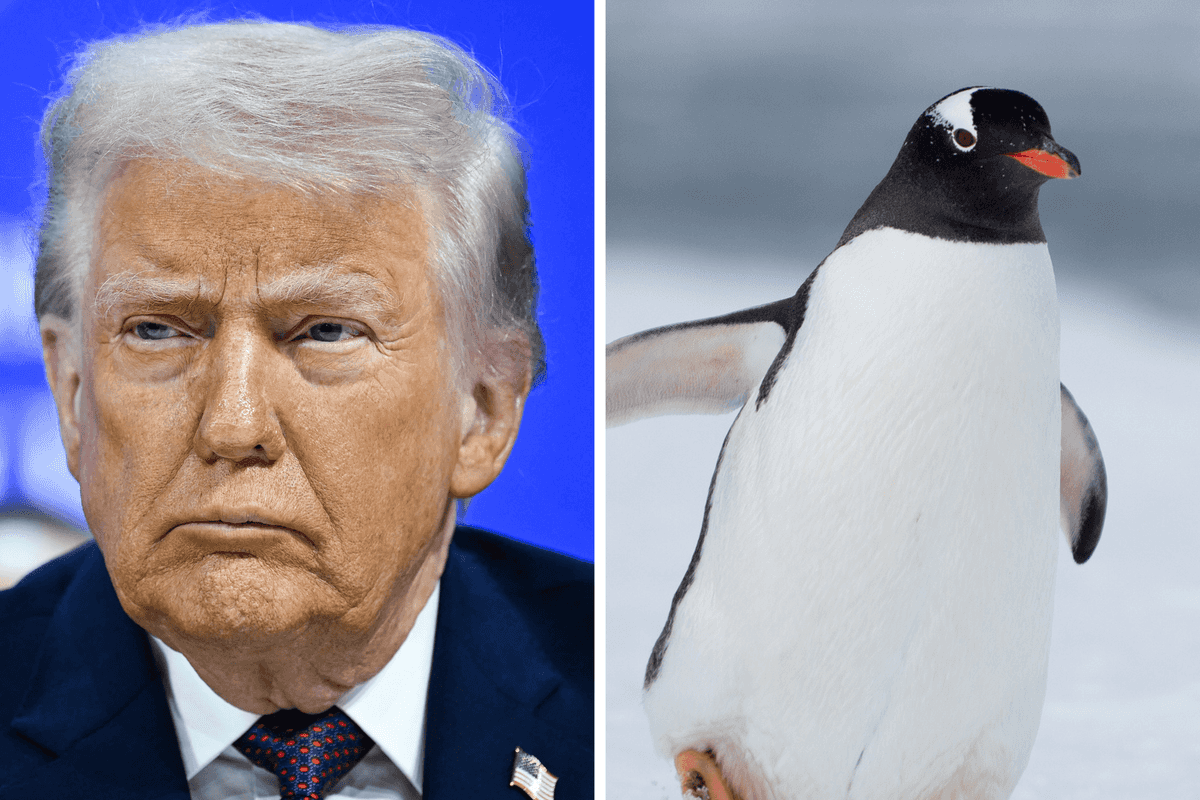
Satellite images have revealed that there are nearly 20 per cent more penguin colonies in Antarctica than previously thought.
Evidence of 11 additional colonies of emperor penguins was spotted from space, bringing the total known quantity to 61 across the continent.
Although the discovery is exciting, scientists have warned against too much optimism.
Philip Trathan, head of conservation biology at the British Antarctic Survey, said:
Whilst it is good news that we’ve found these new colonies, the breeding sites are all in locations where recent model projections suggest emperors will decline.
Birds in these sites are therefore probably the ‘canaries in the coalmine’ – we need to watch these sites carefully as climate change will affect this region.
The findings, published in Remote Sensing in Ecology and Conservation, were collected by monitoring penguin excrement in images taken by the Copernicus Sentinel-2 satellite.
Much of Antarctica is inaccessible owing to temperatures as low as -50°C and penguins are too small to show up in satellite imagery.
But scientists are able to track colonies' movements by the brown stains they leave on the ice.
Peter Fretwell, lead author and geographer of the British Antarctic Survey, commented:
This is an exciting discovery. The new satellite images of the Antarctica coastline have enabled us to find these new colonies.
And whilst this is good news, the colonies are small and so only take the overall population count up by five to ten per cent, to just over half a million penguins or around 265,500 to 278,500 breeding pairs.
Evidence of the colonies, which were previously suspected but unconfirmed, was spotted 180 km (111 miles) offshore on sea ice that had formed around icebergs grounded in shallow water.
The purpose of the Copernicus Sentinel-2 satellite mission is to provide the European Commission with information about the health of the planet, especially where it relates to the impacts of climate change.













